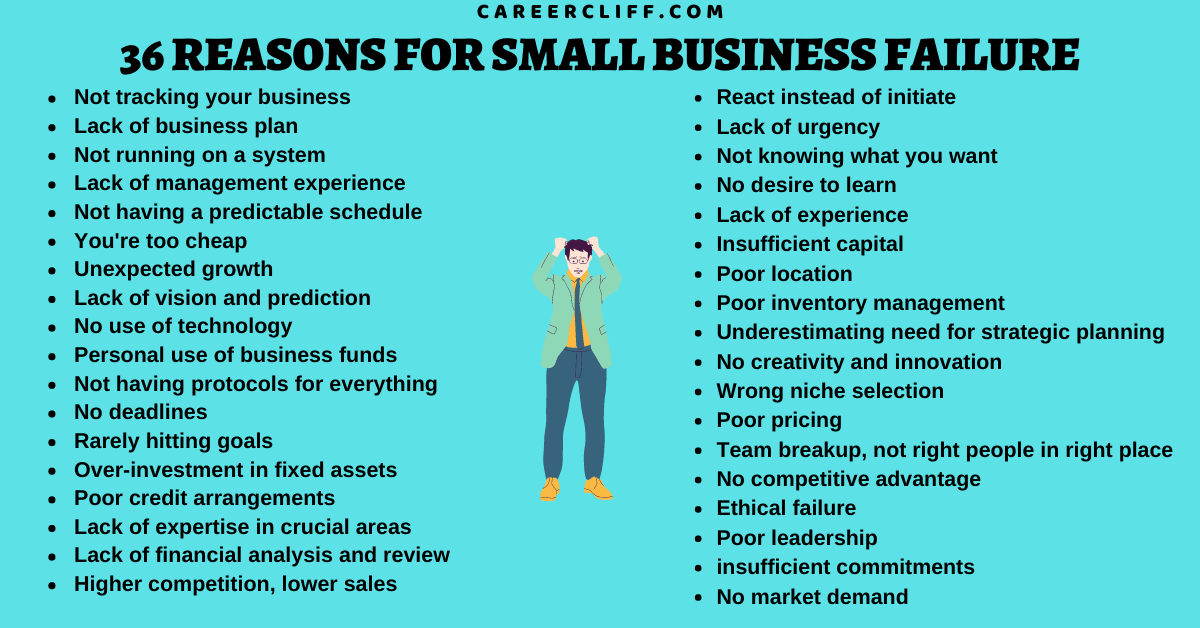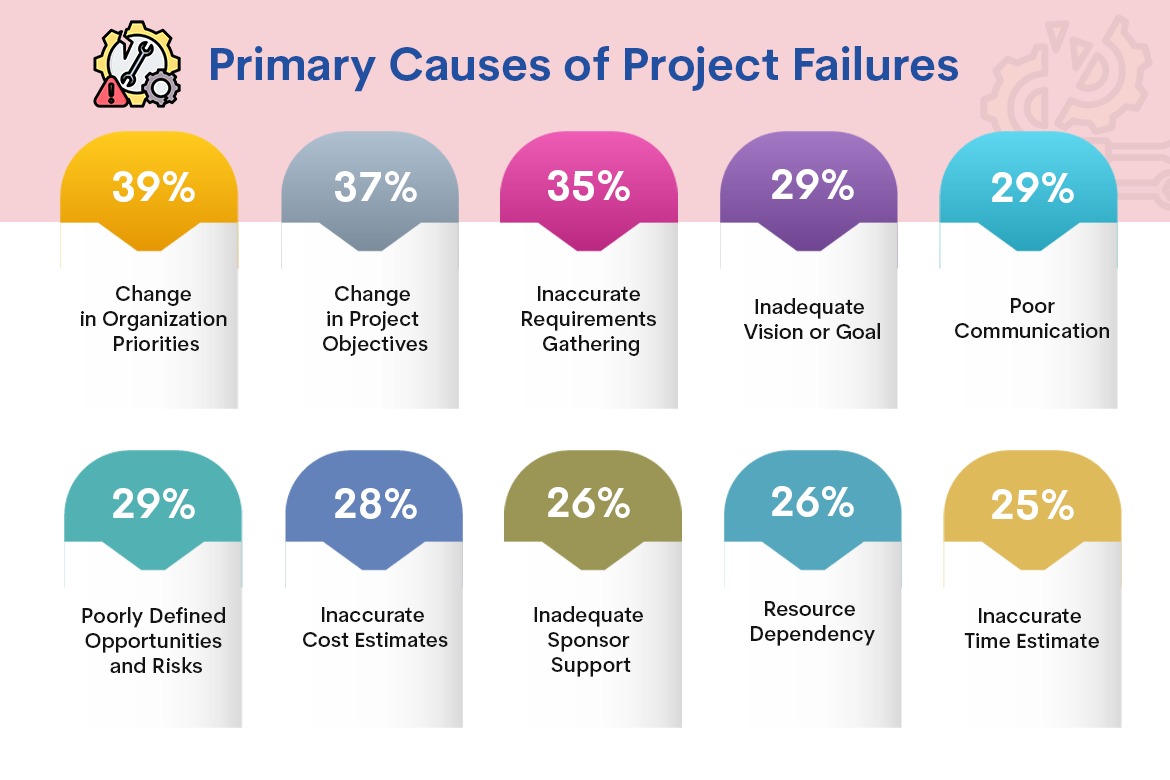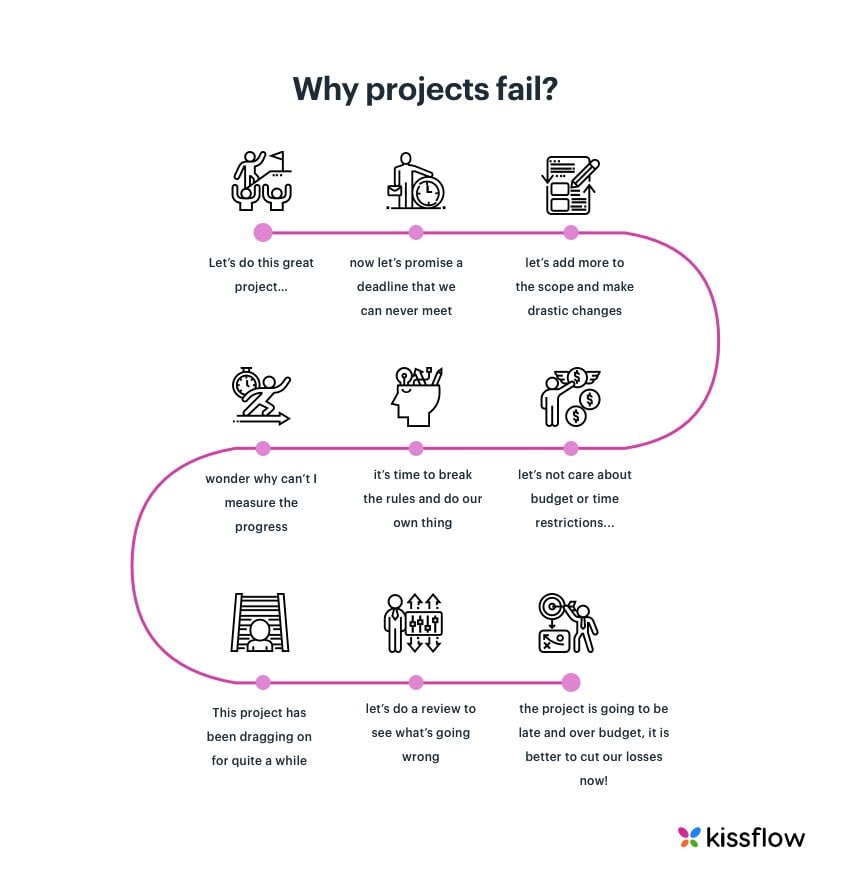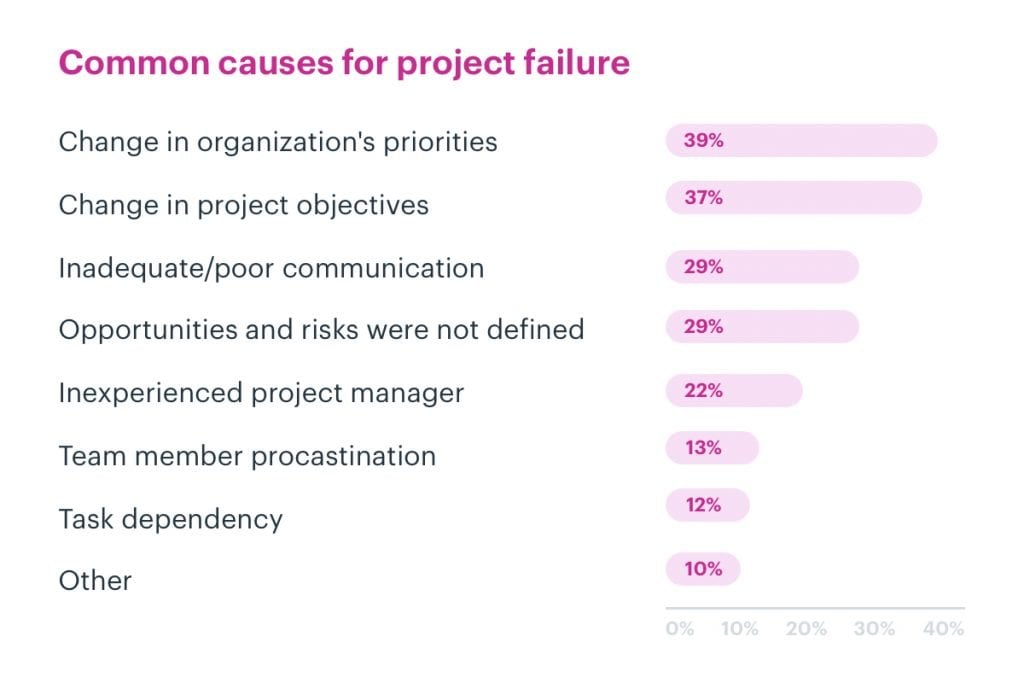My Company Is Failing What Do I Do

The weight of the world feels like it's pressing down on your shoulders. Empty coffee cups and late nights have become the norm, and the spreadsheet staring back at you screams a stark truth: your business is struggling. You're not alone. Many entrepreneurs face this daunting reality at some point, and while it feels like the end, it doesn't have to be.
This article aims to provide a roadmap for navigating the turbulent waters of a failing business. We'll explore actionable steps you can take to assess the situation, explore potential solutions, and, if necessary, manage a graceful exit, all while prioritizing your well-being.
Facing the Music: A Realistic Assessment
First and foremost, honesty is paramount. It's time to confront the reality of your situation head-on. Gather all your financial data - profit and loss statements, balance sheets, cash flow projections - and analyze them meticulously.
Identify the specific areas where your business is falling short. Is it declining sales, increasing costs, poor marketing, or a combination of factors? Understanding the root causes is critical for developing effective solutions.
Don't be afraid to seek outside help during this process. A business advisor or accountant can offer an objective perspective and help you identify blind spots. Resources like the Small Business Administration (SBA) offer free or low-cost counseling services.
Exploring All Avenues: Turnaround or Transition?
Once you have a clear picture of the situation, it's time to explore potential turnaround strategies. Can you cut costs? Can you renegotiate with suppliers? Are there opportunities to pivot your business model or target a new market?
Consider innovative marketing campaigns or explore new sales channels. Sometimes, a fresh perspective and a willingness to adapt can breathe new life into a struggling business.
However, it's equally important to be realistic about the potential for success. If, after careful consideration, you conclude that a turnaround is unlikely, it may be time to consider an exit strategy. This doesn't mean failure; it means making a responsible decision to minimize further losses and protect your own well-being.
The Exit Strategy: Grace and Responsibility
If you decide to close your business, it's crucial to do so with grace and responsibility. Communicate openly and honestly with your employees, customers, and creditors. Treat them with respect and fairness throughout the process.
Consult with a legal professional to ensure you comply with all applicable laws and regulations. This is especially important when dealing with outstanding debts and employee termination.
The SBA offers resources on closing a business, including information on tax obligations and legal requirements. Seek professional guidance to navigate these complex issues.
Taking Care of Yourself: Prioritizing Well-being
Going through the experience of a failing business can be incredibly stressful and emotionally draining. It's essential to prioritize your own well-being during this challenging time.
Seek support from family, friends, or a therapist. Don't isolate yourself, and remember that you are not alone. Many entrepreneurs have faced similar challenges and emerged stronger on the other side.
Engage in activities that help you relax and de-stress, such as exercise, meditation, or spending time in nature. Taking care of your mental and physical health is crucial for navigating this difficult period.
"The greatest glory in living lies not in never falling, but in rising every time we fall." - Nelson Mandela
Looking Ahead: Learning and Growth
While closing a business can be painful, it's important to view it as a learning experience. Analyze what went wrong and identify areas where you could have done things differently. What valuable lessons can you take away from this experience?
Don't let this setback discourage you from pursuing your entrepreneurial dreams in the future. Many successful entrepreneurs have experienced failures along the way.
Use this experience as an opportunity for growth and development. When you're ready, consider starting a new venture with a renewed sense of wisdom and resilience.
Ultimately, facing a failing business is a test of character. By approaching the situation with honesty, responsibility, and a commitment to your own well-being, you can navigate this challenging time and emerge stronger and wiser. Remember that seeking help is a sign of strength, not weakness, and that even in the darkest moments, there is always hope for a brighter future.





.jpg)











